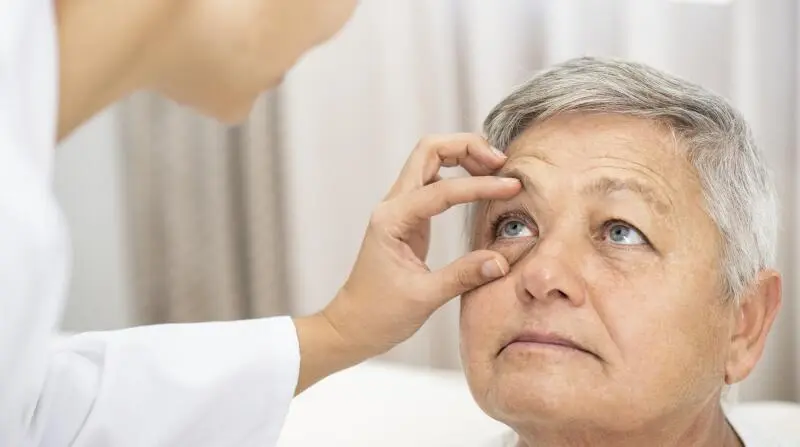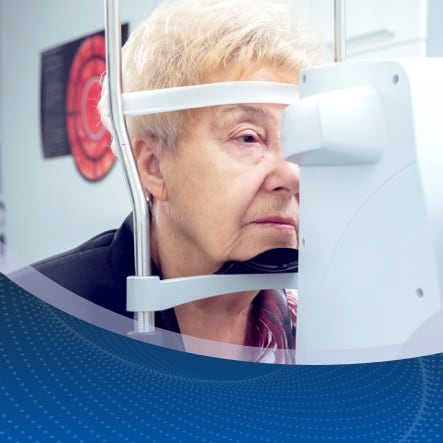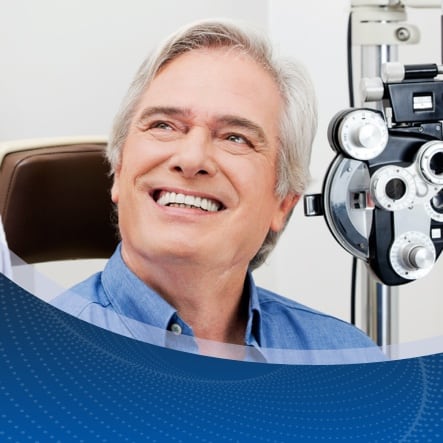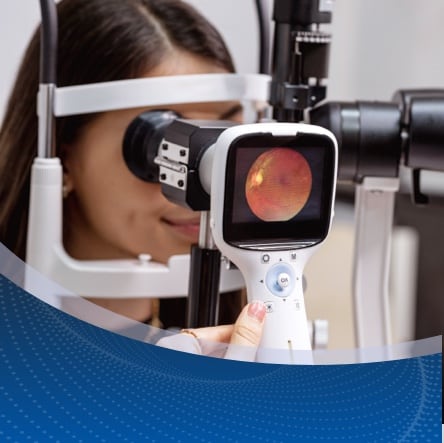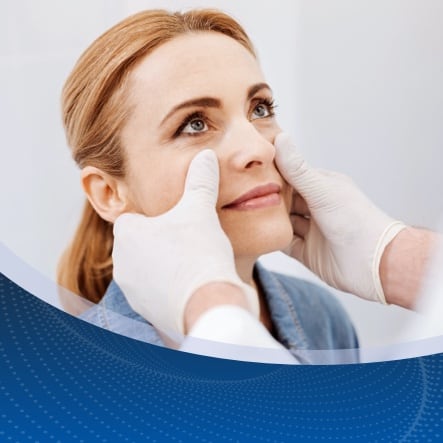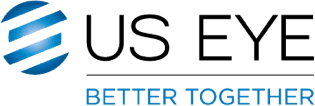Cataract surgery is one of modern medicine’s most common and successful procedures. It can restore your vision and improve your quality of life. However, it is not a one-time event. As a daily ritual, you must take good care of your eyes and attend regular follow-up appointments with your eye doctor in Chesapeake, VA, to ensure safe recovery without complications or infections.
In this blog post, Griffey Eye Care & Laser Center will explain why follow-up checkups are vital after cataract surgery and what to expect.
1. They Can Detect Possible Side Effects Early
Cataract surgery is generally safe and effective and does not need to be redone, but like any surgery, it carries some risks and potential side effects. Some of the most common ones include:
Infection
This rare but serious complication can cause pain, redness, swelling, or discharge in your eye. It can also damage your vision or lead to blindness if left untreated. According to a study by the American Academy of Ophthalmology, the incidence of endophthalmitis, a severe form of infection, after cataract surgery is about 0.04%. However, you can lower this risk by using an antibiotic drop three days before surgery and following proper hygiene practices.
Inflammation
This is your body’s normal response to the surgery, but it can sometimes cause discomfort, sensitivity, or blurred vision. If you notice any of these symptoms or blurry vision after cataract surgery, you can usually manage this with anti-inflammatory eye drops.
Increased Eye Pressure
This can occur from the fluid buildup in your eye after the surgery. It can cause headaches, nausea, or vision loss if not controlled with medication or surgery.
Posterior Capsule Opacification (PCO)
This common condition occurs when the thin membrane behind your artificial lens becomes cloudy over time. It can reduce your vision or cause glare or halos around lights. Doctors can quickly treat this with a painless YAG Laser procedure (Posterior YAG Laser Capsulotomy).
2. They Address Patient Concerns & Guidance
Whether you had a cataract in one or both eyes, post-cataract surgery follow-up appointments provide the perfect opportunity for patients to voice their concerns and questions regarding their recovery. They can discuss various topics with their eye doctor for cataracts, including proper medication management, activity restrictions, and expected vision changes.
Medication Management
After the surgery, your eye doctors will prescribe specific eye drops and oral medications to prevent infection and inflammation and manage pain. Follow the instructions closely, using them as directed. Your doctor will determine the timeline to stop or alter your medication based on your unique healing process.
Activity Restrictions
Patients will receive guidance on the dos and don’ts post-surgery. There could be restrictions on strenuous exercises, swimming, driving, and bending for a specific period. Protective gear like sunglasses, shields, or eye patches may be recommended to shield the eye from dust, sunlight, or accidents.
Vision Changes
Over time, your eye doctor will track your vision and eye pressure. Initial fluctuations or distortions in vision are typical post-surgery and tend to improve with time. Some patients may require glasses or contact lenses for near or far distances. Your eye doctor for cataracts will assess and prescribe the best corrective options for you.
3. They Monitor Medication and Healing Progress
A follow-up appointment is scheduled for the day after your cataract surgery to check your vision and ensure the Intraocular Lens (IOL) implant is correctly centered without signs of infection. During this time, a technician reviews your prescribed eye drops and provides detailed usage instructions.
Your healing progress and medication adherence are closely monitored. The doctor may adjust the dosage or treatment based on your unique recovery. A second follow-up is set three weeks post-surgery to confirm your eye has healed as expected. Femtosecond laser-assisted cataract surgery has a high success rate of over 90%, with most patients noticing improved vision within hours.
Cataract Recovery Starts With You
Your cataract journey starts with you. If you need cataract surgery in Chesapeake, VA, book a consultation with Griffey Eye Center for the safest, most personalized, and most comfortable experience by experienced ophthalmologists.
**Please note that the suggestions provided in this blog are for general informational purposes only and may not be suitable for your specific insurance plan and cataract needs. Consulting a qualified healthcare professional for personalized advice and treatment is important.


